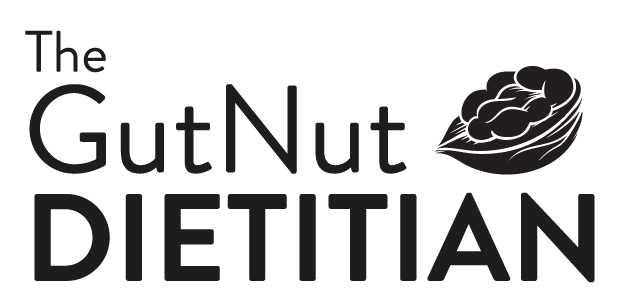The dairy debate: is it good, bad or neither?!
Media messages on whether dairy is helpful or harmful are mixed, so you’d be right to be confused! Here I have an in-depth look at dairy and whether this is something we should all be consuming or replacing with plant-based alternatives:
What is dairy?
Dairy products are those which are derived from mammalian milk such as cows, sheeps or goats. Dairy includes milk, butter, cheese, cream and yogurt; but excludes eggs.
Key nutrients within dairy:
· Calcium
· Protein
· Iodine
· Fat- and water-soluble vitamins
Types of dairy:
Now it is important to establish that not all dairy is equal. Calcium is contained within the non-fat component of dairy, presenting in yogurt, cheese and milk but not butter or cream. Iodine and protein are also present in this non-fat component, so when we speak about ‘dairy’ as a group, it is important to establish different dairy products will have different effects on us.
Help I’m having gas and bloating – is it dairy?!
Dairy can cause gas and bloating in some people and it is primarily lactose, the sugar within dairy, which is responsible for this.
Again, we need to look at little closer at types of dairy as not all contain lactose:
Lactose is naturally present in milk and yogurt, but in fact lost during the fermentation process in most hard and soft cheeses. Cheddar, mozzarella, brie, camembert & blue cheeses, to name a few, are all very low in lactose. Fresher, younger cheeses such as cottage cheese, quark and halloumi on the other hand, are much higher in lactose.
If you think dairy is causing you gastrointestinal symptoms such as bloating or changes in bowels, it is key to first visit your GP for some simple blood tests to rule out conditions such as Coeliac disease and inflammatory bowel disease. Once this is done, you can trial a lactose free diet for 4 weeks, if symptoms improve – test lactose containing products (add back into the diet) to confirm your intolerance.
Help I have acne – is it dairy?!
There is some evidence that dairy can contribute toward spots and acne. If you feel this is the case, you should exclude all dairy (not just lactose) for a period of 4-8 weeks before testing this product.
Help I have excess mucus – is it dairy?!
Dairy can increase the viscosity (thickness) of mucus, but not the total level produced. For this reason, some people can feel worse when they have excess mucus from a cold/illness which is then exacerbated by dairy. This causes no harm but it may not feel nice. For this same reason some singers tend to stay away from dairy at certain points or before shows so it does not affect their performance.
I have high cholesterol or want to lose weight – what is the role of dairy?!
Again, we need to look at the type of dairy. Butters and creams are full of saturated fats which increase your LDL (bad cholesterol) & excess could result in weight gain, however milks, yogurt and cheese have a lesser effect.
I’ve excluded dairy, am I missing out on vital nutrients?
Potentially! Whenever you are excluding a whole food group, it is important to ensure you find a suitable replacement. Ideally you should speak to a dietitian, however this is not feasible for everyone.
Nutrients to be wary of if you exclude dairy & alternative sources:
· Calcium, each serving of dairy (e.g. 200mls/cup of milk, 30g/matchbox size square of cheese, 125g/pot of yogurt) will provide you with around 200-250mg calcium. An adults daily requirement is 700mg/day, so we should each be having 2-3 high calcium products/day. You are much more limited if you exclude dairy. Try the following:
o 200mg inorganic plant-based milk (yes you heard this right, although organic may feel more natural and be free from artificial preservatives, it is also illegal in the UK for it to be fortified with excluded nutrients such as calcium!)
o 60g soya bean curd or tofu set in calcium
o 50-60g tinned fish with bones
o 50g whitebait
o Calcium fortified cereal/cereal bar
· Iodine: often overlooked, our biggest source of iodine in the UK comes from dairy products. If you are not including dairy, aim to include the following:
o White fish – aim for 2 or more portions/week
o Fortified plant-based milk (check the label, most are not fortified – even inorganic varieties)
o The following contain small levels of iodine:
§ Eggs
§ Crustaceans
§ Nuts
§ Meat/poultry
· Protein: In the UK most of us exceed our protein requirements, however you might like to be a little more mindful if you are following a fully plant based or vegan diet
So, what’s the verdict?
From a nutritional perspective, yogurts, cheese and milk can be fantastic sources of vitamins and minerals as well as protein – so we shouldn’t be blanket case pushing them to the curb just yet! If you are having gastrointestinal symptoms or worried about your skin, it is worth discussing this with a dietitian as for you it may be best to reduce your intake or switch to a fortified, plant-based alternative.
GutNutDietitian x
